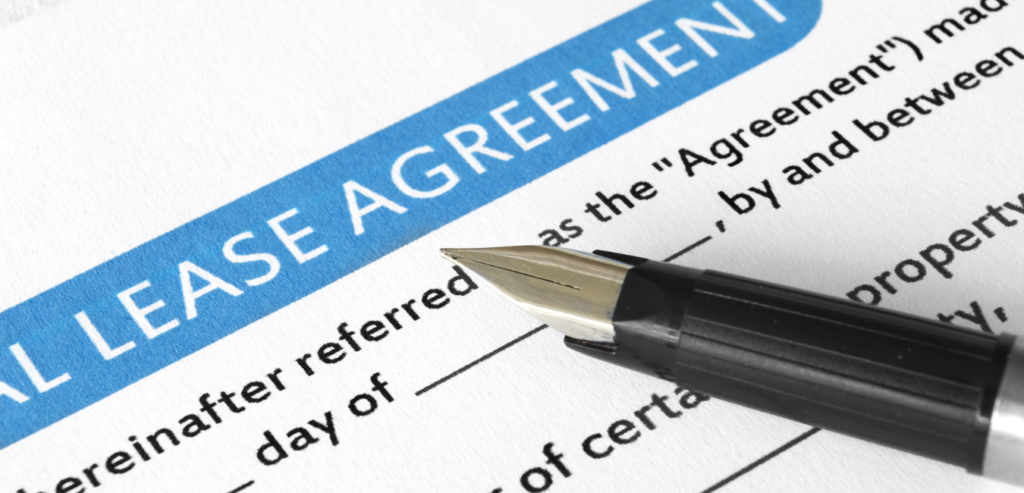If you are reading this, you must be going through a situation where your commercial lease just expired, or about to expire. This can be a tricky situation for many, and you need to have a clear understanding of how to handle those situations accordingly. To make your life easy, we will share some of the most important facts that you need to be aware of.
Understanding the overholding rental rate
According to the Commercial Tenancies Act of Ontario, when a tenant is holding over the commercial lease even after the end of its contracted period, the rent should be charged at a rate of 200% of the amount defined in lease. However, the tenants and landlords usually work together and come into an agreement with a lesser rate. In most instances, the new rental rate is adjusted in between 115% to 150%.
During the overholding period, the terms of the expired lease would still be in place. However, the only difference is that there is a change in the rented amount. Therefore, commercial property owners will be able to come to an agreement with the property owner, and then continue to manage business operations from the same property, without getting to a new contract.
When would the overholding period end?
The overholding provision needs to be clear on how the overholding period should be terminated. In general, the state would clearly explain how the commercial lease would continue on a monthly basis, even upon the expiry of the lease. In case if there is no specific mentioning about the monthly terms, the common law would determine the tenancy to be an annual one. This would require a one year notice in order to terminate the overall overholding period.
Can the landlord continue to take rent from the tenant?
Regardless of the overholding cause, if the landlord is not giving away consent to the tenant overholding and doesn’t accept rent of the tenant, the tenant is not allowed to remain within the leased property. On the other hand, if the landlord decides to go ahead and accept rent from an overholding tenant, it is believed that the landlord provides consent to overholding.
Both landlords and tenants will be able to receive benefits by overholding commercial provisions. The tenants will be able to stay within the same commercial property f or some more time, until finding a new place. In the meantime, the landlords will be able to increase rent and get a better return.

